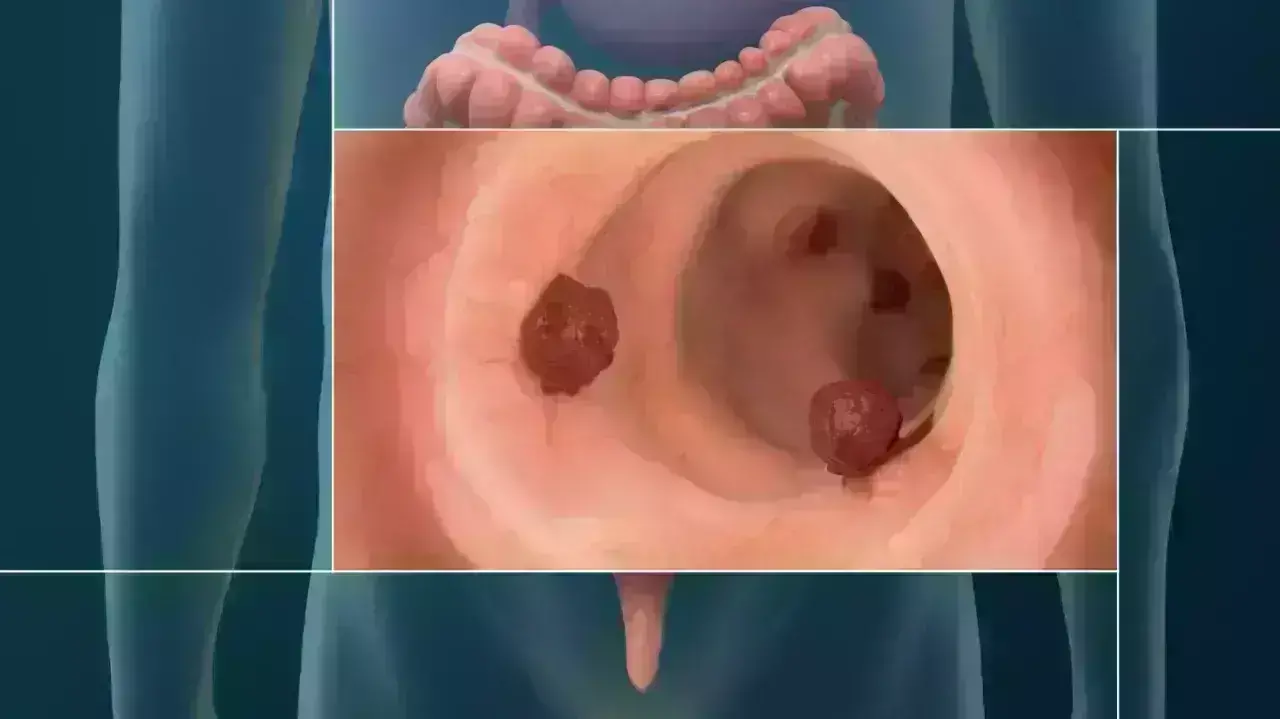- Home
- Medical news & Guidelines
- Anesthesiology
- Cardiology and CTVS
- Critical Care
- Dentistry
- Dermatology
- Diabetes and Endocrinology
- ENT
- Gastroenterology
- Medicine
- Nephrology
- Neurology
- Obstretics-Gynaecology
- Oncology
- Ophthalmology
- Orthopaedics
- Pediatrics-Neonatology
- Psychiatry
- Pulmonology
- Radiology
- Surgery
- Urology
- Laboratory Medicine
- Diet
- Nursing
- Paramedical
- Physiotherapy
- Health news
- Fact Check
- Bone Health Fact Check
- Brain Health Fact Check
- Cancer Related Fact Check
- Child Care Fact Check
- Dental and oral health fact check
- Diabetes and metabolic health fact check
- Diet and Nutrition Fact Check
- Eye and ENT Care Fact Check
- Fitness fact check
- Gut health fact check
- Heart health fact check
- Kidney health fact check
- Medical education fact check
- Men's health fact check
- Respiratory fact check
- Skin and hair care fact check
- Vaccine and Immunization fact check
- Women's health fact check
- AYUSH
- State News
- Andaman and Nicobar Islands
- Andhra Pradesh
- Arunachal Pradesh
- Assam
- Bihar
- Chandigarh
- Chattisgarh
- Dadra and Nagar Haveli
- Daman and Diu
- Delhi
- Goa
- Gujarat
- Haryana
- Himachal Pradesh
- Jammu & Kashmir
- Jharkhand
- Karnataka
- Kerala
- Ladakh
- Lakshadweep
- Madhya Pradesh
- Maharashtra
- Manipur
- Meghalaya
- Mizoram
- Nagaland
- Odisha
- Puducherry
- Punjab
- Rajasthan
- Sikkim
- Tamil Nadu
- Telangana
- Tripura
- Uttar Pradesh
- Uttrakhand
- West Bengal
- Medical Education
- Industry
Sigmoidoscopy screening improves Colorectal cancer incidence and mortality

NORWAY: Sigmoidoscopy screening reduces colorectal cancer (CRC) incidence and death significantly and sustainably over 15 years, according to a pooled analysis of randomized trials that was published in Annals of Internal Medicine.
Even though early detection and excision of premalignant polyps are possible by endoscopic screening, corresponding author Frederik E. Juul, MD, noted that data estimating the long-term benefits of sigmoidoscopy screening are inadequate.
"The incidence and mortality of colorectal cancer have been demonstrated to decrease with sigmoidoscopy screening, but it was not known how long-lasting the effects were or whether they varied by sex or age," the researchers continued.
The third most frequent cancer in the world is colorectal cancer. Adenomas are the primary cause of most occurrences of colorectal cancer. Therefore, it has been recommended that adenomas be removed via colonoscopy or flexible sigmoidoscopy as the primary method of preventing colorectal cancer.
The study's authors sought to assess the impact of sigmoidoscopy screening on CRC incidence and mortality over a 15-year period.
For this purpose, the information from four trials with at least 15 years of follow-up was examined by researchers from Norway, the United States, Italy, and the United Kingdom. The analysis comprised 1,37,493 people who were randomized to at least 1 sigmoidoscopy screening and 1,37,459 people who received standard medical care. In individuals with average CRC risk, aged 55–64 years, the primary outcomes were the incidence and death of CRC following sigmoidoscopy screening, compared with usual treatment. Depending on the distal versus proximal colon, the sex, and the older versus younger age group (55-59 vs 60-64 years at study enrolment), secondary outcomes included CRC incidence and mortality.
Major highlights of the study:
- In the screening group, the pooled cumulative incidence of CRC was 1.84 cases/100 people compared to 2.35 cases/100 people in the usual-care group, which is a 21% decrease in incidence among those who were tested.
- The pooled cumulative CRC mortality in the screening group was 0.51 deaths/100 people compared to 0.65 deaths/100 people in the usual-care group, a 20% decrease in CRC mortality for those who were screened.
- In the screening group, the all-cause mortality was 2% lower than in the usual care group.
- the pooled cumulative all-cause mortality in the screening group was 14.3 deaths per 100 people compared to 14.6 deaths per 100 people in the usual care group.
- There were only substantial declines in distal colon CRC incidence and mortality; there were no significant changes in the proximal colon.
- Between people aged 55–59 and those aged 60–64, there was no statistically significant difference in the screening effect.
- The incidence of CRC differed between the sexes, with a 25% drop for men and a 16% reduction for women.
"Although the causes of this discrepancy have not yet been identified, they may include variations in the standard of bowel preparation, the greater technical difficulty of screening women, and the higher incidence and proportion of proximal colon cancer compared to distal colon cancer in women," the researchers noted.
The study's key finding is that sigmoidoscopy screening with distal colon examination offers at least 15 years of protection against CRC; this "may have an impact on how frequently average-risk patients need to be checked," the authors concluded.
"It will be fascinating to see if primary colonoscopy screening is equally beneficial as sigmoidoscopy at 15-years follow-up," they continued, "since our study exploring sigmoidoscopy screening has a longer follow-up."
They emphasized that additional research is required to directly compare the various colorectal cancer screening techniques, including the sigmoidoscopy and colonoscopy.
REFERENCE
Juul FE, Cross AJ, et.al. 15-Year Benefits of Sigmoidoscopy Screening on Colorectal Cancer Incidence and Mortality: A Pooled Analysis of Randomized Trials. Ann Intern Med. 2022 Oct 11. doi: 10.7326/M22-0835. Epub ahead of print. PMID: 36215714.
Dr Kamal Kant Kohli-MBBS, DTCD- a chest specialist with more than 30 years of practice and a flair for writing clinical articles, Dr Kamal Kant Kohli joined Medical Dialogues as a Chief Editor of Medical News. Besides writing articles, as an editor, he proofreads and verifies all the medical content published on Medical Dialogues including those coming from journals, studies,medical conferences,guidelines etc. Email: drkohli@medicaldialogues.in. Contact no. 011-43720751


